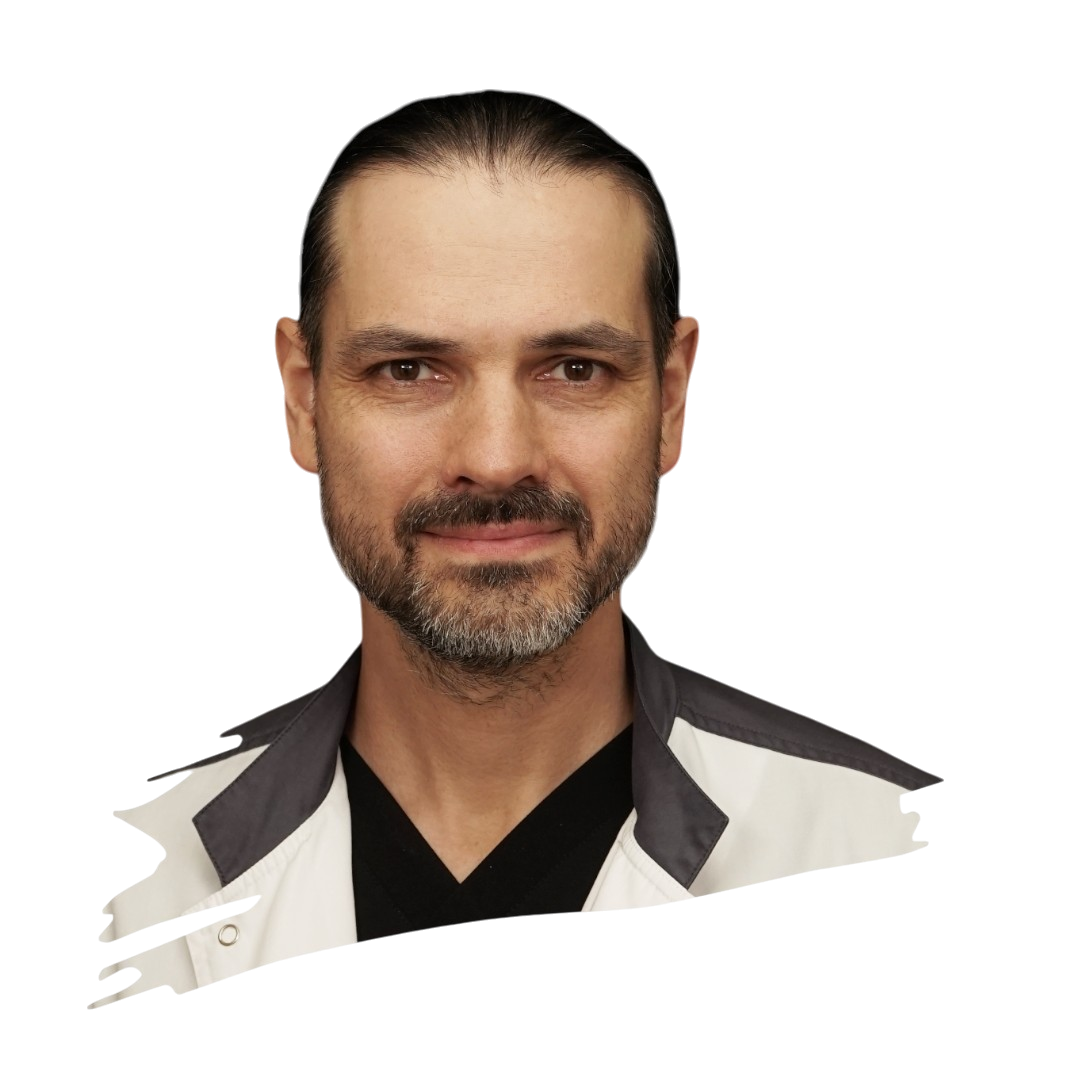A Plastic Surgeon’s Secret Diary: Emotions Behind the Scenes of the Clinic
Plastic surgery is not just a set of medical procedures; it is a truly significant process that intertwines science, art, and deep empathy. Every time a patient leaves the clinic after surgery, a new feeling arises — the responsibility for their physical and psychological well-being. What is life really like for a plastic surgeon? What emotions and experiences accompany them at every step of the journey? Let’s peek behind the scenes and learn more about what happens after patients leave.
The Surgeon’s Emotions Before and After Surgery
When a patient leaves the walls of the clinic, a new important phase begins — the rehabilitation of patients. During this time, although the surgeon may not be present, they continue to feel anxious about their patient's well-being. Every surgery is not only a medical challenge but also an emotional burden. Surgeons often share that after a successful operation, they feel a real sense of relief when a patient calls to express gratitude or comes in for a follow-up appointment, radiating joy from their changes. But what happens if complications arise? In such moments, surgeons may feel guilty, even when they understand that many factors lie beyond their professionalism.
An essential aspect of patient rehabilitation is monitoring their physical condition, which includes pain management and preventing complications. However, it’s equally important to support the psychological state of the patient during this process. Many people experience post-operative depression and become aware of changes in their bodies, which can lead to mood swings. At this stage, true professionals understand that addressing the psychological condition of their patients is crucial for complete recovery.
Psychological Support and the Emotional Aspect of Rehabilitation
Patient rehabilitation requires not only monitoring their physical condition but also assisting them in adapting to their new appearance. Fostering a positive mindset in the patient often involves personal communication, advice, and ongoing contact with clinic specialists. This aspect is one of the most critical in the process and starts way before the surgery itself. Before agreeing to the procedure, the surgeon must explain all the steps to the patient to manage unrealistic expectations and prepare them for potential changes.
It’s important to remember that each person is unique, and perceptions of results can vary greatly. By considering these factors, the surgeon ensures not only the safe execution of the procedure but also the creation of a comfortable psychological environment for the patient. This helps patients cope with challenges and successfully adapt to their new conditions.
The Ethics of Refusing Surgery
Not every patient’s request is approved by the surgeon. One of the most challenging moments in practice is refusing surgery if it could harm the patient or contradict ethical standards. Professional norms require surgeons to prioritize the patient’s interests over personal gain. Examples of such cases may include: unrealistic expectations from the patient, signs of body dysmorphic disorder (a mental health condition involving obsessive focus on perceived flaws in appearance), or, ultimately, threats to health.
Refusing surgery calls for sensitivity from the surgeon and the ability to explain the reasons for their decision while remaining respectful. This demonstrates not just professionalism but also respect for the patient. Each such situation demands understanding and a delicate approach to communication.
How to Identify a Good Surgeon?
Finding “your surgeon” is one of the most important steps for a patient. A true professional stands out with certain characteristics: they are always ready to explain all the stages of the surgery in detail without embellishment. Safety should be the top priority, not cost-cutting. The surgeon's ethics must be unwavering, including the right to refuse when the surgery could cause harm.
The surgeon’s support during the rehabilitation period is also critically significant, covering both physical recovery and psychological assistance. It is recognized that good surgeons avoid overly aggressive advertising and empty promises. All these qualities distinguish true professionals from those who are merely focused on making money.
Conclusions: What Lies Behind the Success of Surgeons
It’s important to understand that for a plastic surgeon, skills and experience are not the only factors that matter; even more crucial is the ability to see a whole person behind the patient, full of fears, expectations, and joys. Deep respect for the desires and worries of patients, adherence to high ethical standards, and dedication to their craft — this is what sets a true professional apart from someone solely oriented towards profit.
Patient rehabilitation is a complex and multifaceted process that requires not only skill from the surgeon but also sensitivity to the emotional experiences of each individual. It is immensely important for the surgeon to support their patients at every stage, from the first consultation to their rehabilitation. In this way, not only is a physical transformation created, but also harmony within, which is essential for achieving a stable and satisfying outcome.
Do you want to keep up to date with the latest news about plastic surgery? Subscribe to my Telegram channel: https://t.me/By_Staisupov_ENG
Do you like to watch videos? More useful information is available here (the channel is in Russian, but you can always turn on auto-titles): https://www.youtube.com/@staisupov
All the results of plastic surgery can be found here: https://staisupov.com/results






